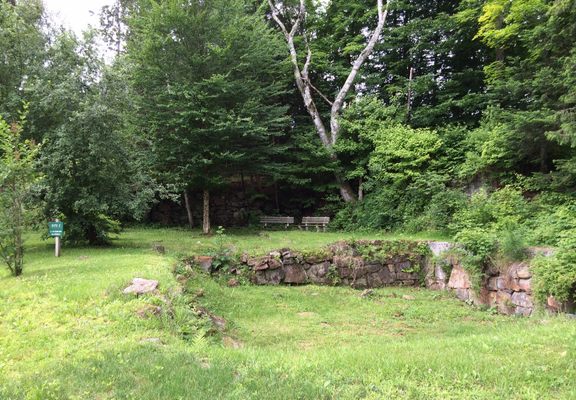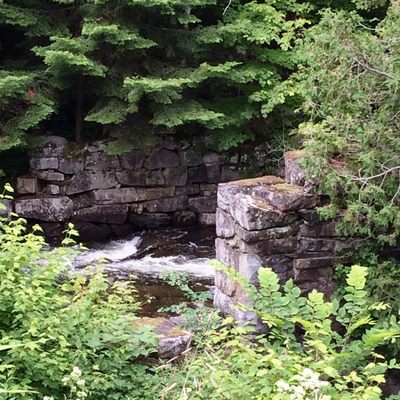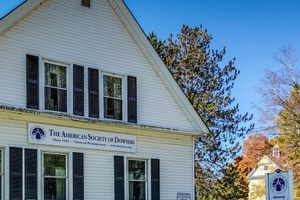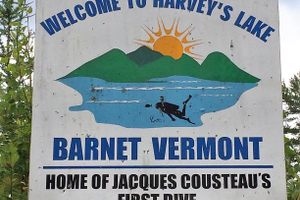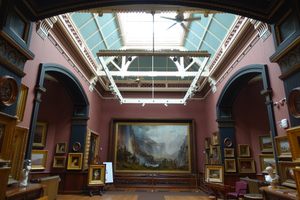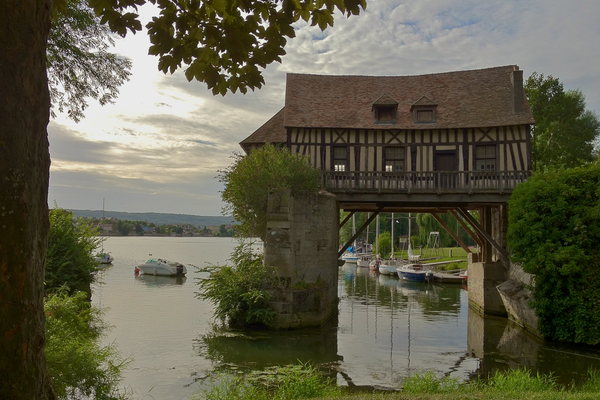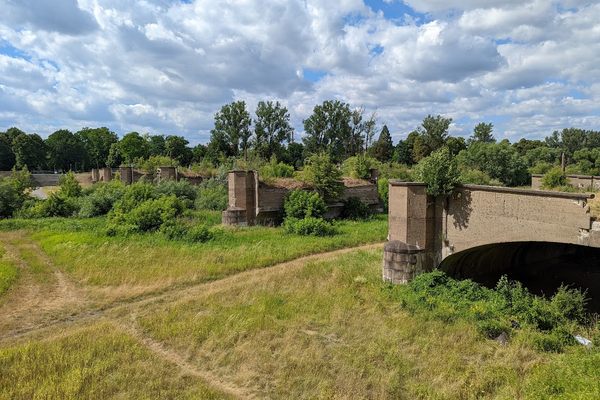About
In the waning years of the 19th century, New England, and Vermont in particular, was a tangle of local manufacturing and mills, tying together networks of family farms.
Wool and timber were plentiful, and rivers ran fast enough to keep mill wheels turning, with small community-based companies producing everything from cloth to croquet sets to hockey sticks, rakes and ax handles. Such mill-centered villages peppered the hills of Northern Vermont until the turn of the 20th century, when changes in transportation and manufacturing closed many businesses, leveling a fair share of these industrial communities with them.
One of those villages, Greenbank’s Hollow, anchored southern Danville, Vermont. Nestled in a tamed corner of the wild Northeast Kingdom, the district owed its existence almost entirely to one man: Benjamin Greenbank.
Greenbank not only built most of the infrastructure – a five-story woolen mill, a grist mill, saw mill, the local store, post office, school, and most of the houses – he owned, ran or rented it out. But unlike other company towns in the region, it wasn’t the railroads or cheap cotton that did them in; Greenbanks’ doom proved more natural than manmade.
According to records cited by the Danville Historical Society, a fire that raged throughout December 14, 1885 destroyed the complexes at Greenbank’s Hollow, including a five-story woolen mill, store, several residences and covered bridge. Rather than rebuild, Greenbank himself decided to relocate his industrial operations to nearby Enfield, New Hampshire, where rumors of a railroad spur would have benefitted his factories’ output anyway. In the wake of the disaster, the once thriving village was left in ruin, and its jobless employee-inhabitants quickly dispersed.
Today, the restored covered bridge at the former site of Greenbank’s Hollow bears witness to a community erased by circumstance and time. Thanks to the efforts of the Danville Historical Society and several local supporters, the site has been restored as a historical park. Along the banks below, several cellar holes and original granite foundations remain visible along the small falls of the river where Greenbank’s woolen mill once churned out 700 yards of cloth a day. Most emblematic of this aura of a place out of time is the restored covered bridge, rebuilt at the exact location where the first had spanned Joe's Brook before the fire that changed everything.
Related Tags
Know Before You Go
From the town green at Danville, follow Peacham Road south for 2 miles. Turn left onto Brook Road (a well-maintained dirt road) and follow for 1.3 miles where you'll see the covered bridge at the crossroad of Greenbank's Hollow Road.
Community Contributors
Published
August 25, 2015


